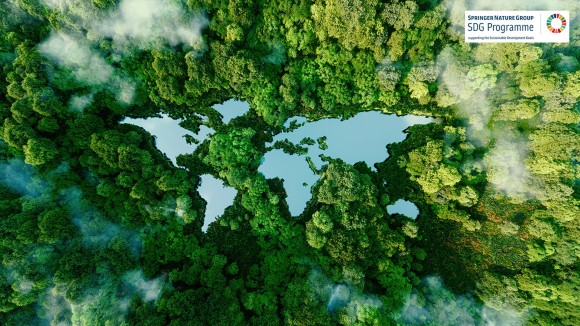Communications Earth & Environment is edited by both in-house professional editors and academic Editorial Board Members. Nature Geoscience is edited by in-house professional editors. Nature Food is edited by in-house professional editors. Our editors work closely together to ensure the quality of our published papers and consistency in author experience.
Clare Davis started her editorial career in 2019, working at Scientific Reports and Nature Geoscience before joining Communications Earth & Environment in January 2021. She received her MSc in marine sciences from the University of Plymouth, and then completed her doctoral research on the marine phosphorus cycle at the University of Liverpool. Her postdoctoral research at the University of Liverpool and the University of Hawai’i focused on the biogeochemistry of the subtropical North Atlantic, with particular emphasis on nutrient limitation of ocean productivity.
Xujia Jiang joined Nature Geoscience in January 2018, having started her editorial career in 2017 at Nature Sustainability. Prior to joining Nature Research, Xujia worked as a post-doc at Tsinghua University, looking into the relationship among air pollution, human health and socioeconomic development, including a 3-months visit at School of Earth and Environment, University of Leeds. Xujia has a degree in Environmental Engineering from Donghua University and a PhD from Peking University where she studied the behaviour of nanoparticles in aquatic systems. She has also worked on climate change at the Development and Reform Commission in China.
Annisa Chand joined Nature Research in March 2019. She completed her Bachelors in Veterinary Sciences and her PhD in Endocrinology at the Royal Veterinary College, University of London. During her time at the Royal Veterinary College she conducted research in animal reproduction, sperm cryopreservation and immunology, as well as gaining valuable practical experience in livestock handling and dairy farming. For her doctoral studies she specialised in pituitary gland development and function in zebrafish, looking at the local hormonal regulation of pituitary secretion via the natriuretic peptide system. She went on to do her first postdoctoral position at King’s College London studying neuronal plasticity in olfaction, where she published evidence of a new form of plasticity in olfactory bulb dopaminergic neurons. Prior to joining the Nature Food team, she worked on microglia function in neurodegeneration at the Charité Universitätsmedizin-Berlin. Science communication has long been her passion, having been involved in widening access to veterinary education and organising scientific outreach events for the general public.

